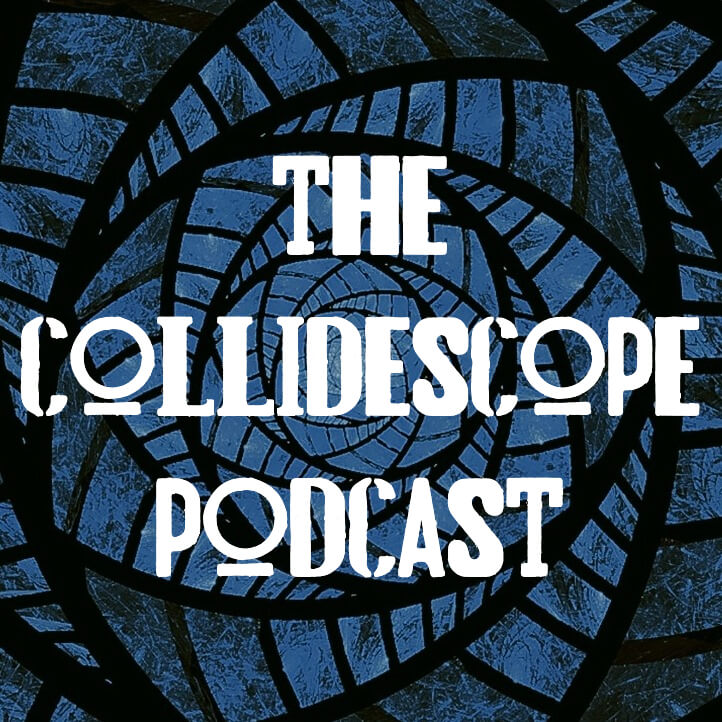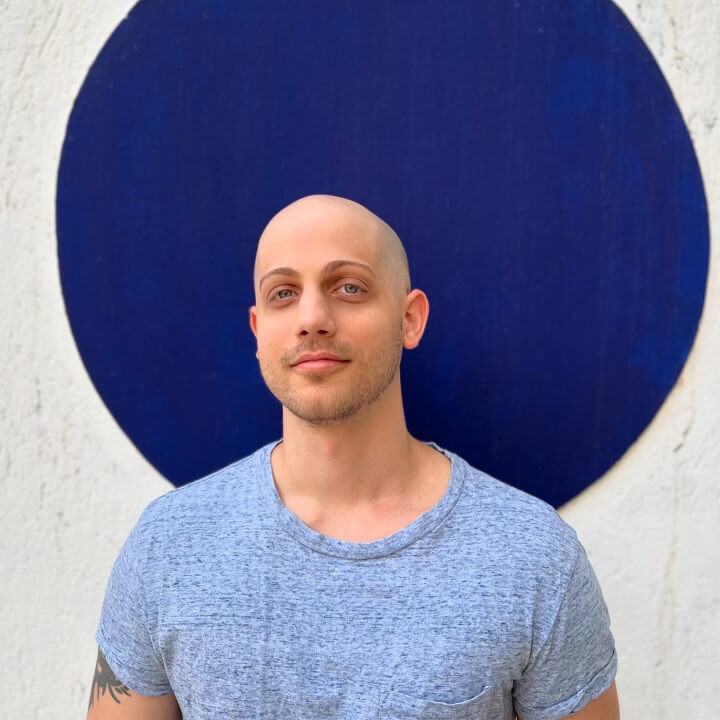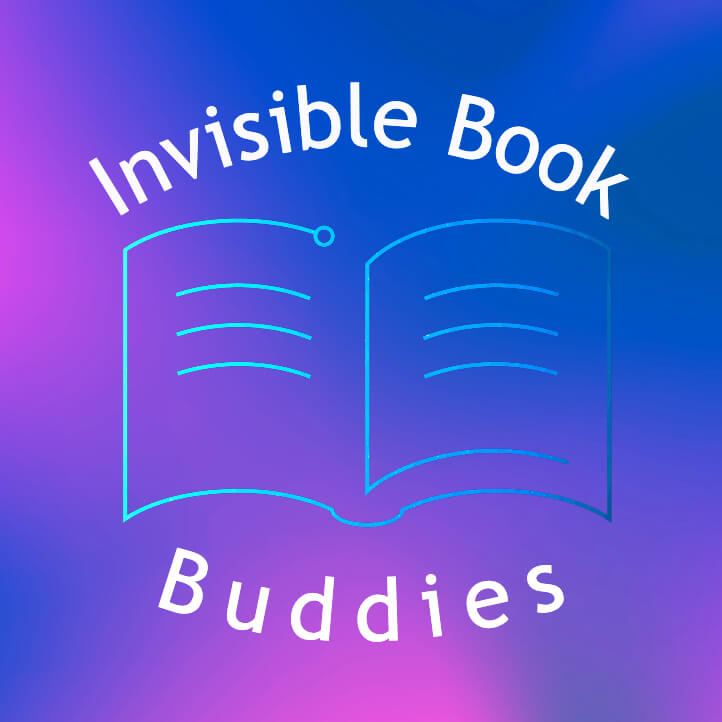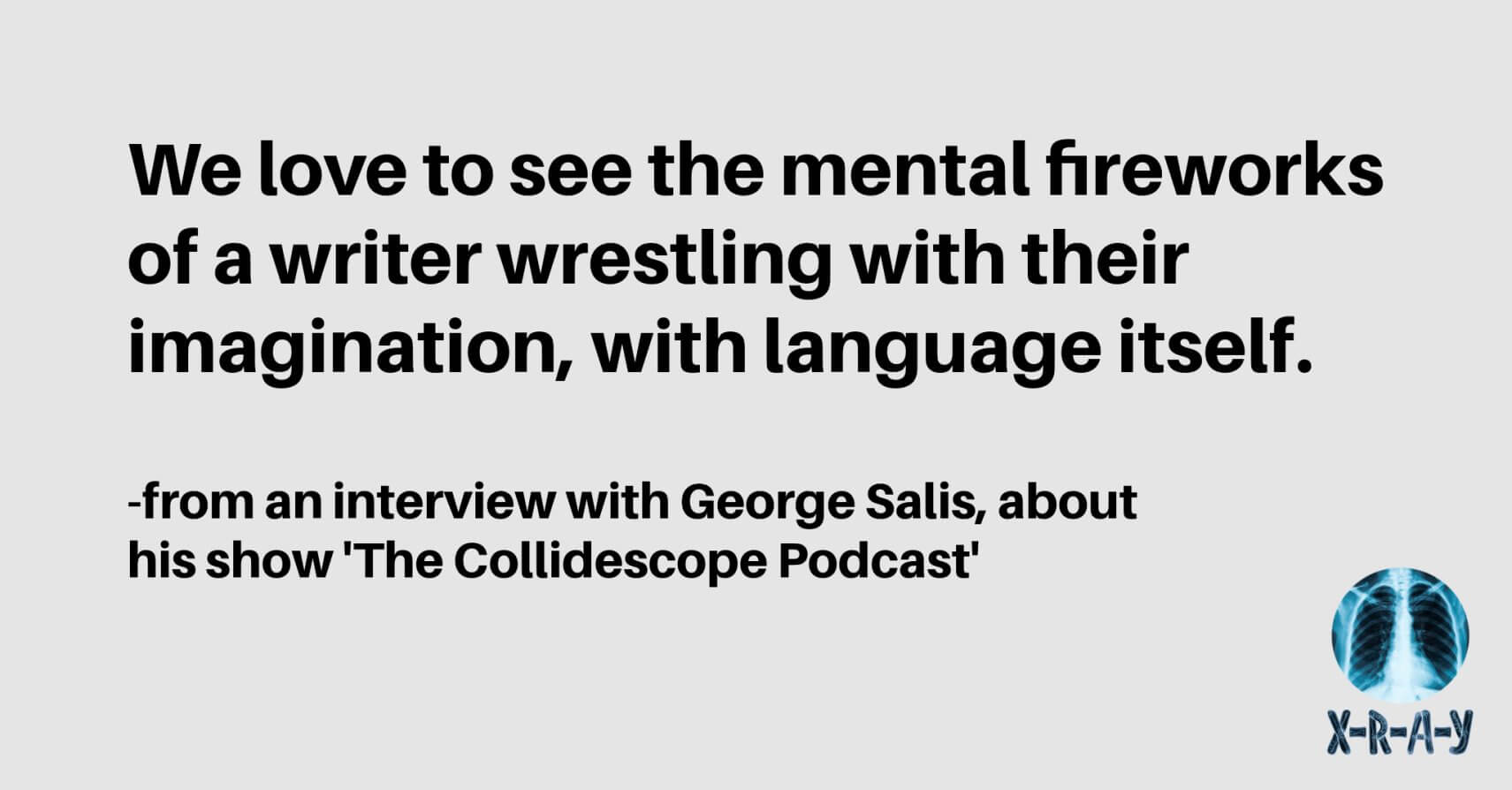Welcome to Transmissions, an interview feature in which X-R-A-Y profiles podcasts.

Rebecca Gransden: Does the podcast have a mission or manifesto?
George Salis: The Collidescope Podcast has the same mission as my online literary publication The Collidescope. The goal is to shine a light on neglected literature and celebrate uninhibited creativity. Art for art’s sake rather than something commodified and packaged for mass consumption. To quote from my site, “We love to see the mental fireworks of a writer wrestling with their imagination, with language itself.” A good deal of the stories, books, and authors on the show are those that most people probably have never heard of. I hope listeners can find new favorites and feel inspired to do some deep digging into neglected literature on their own.
RG: Where did the idea for the podcast come from?
GS: I loved listening to Levar Burton’s podcast in which he reads short stories accompanied by music/ambience and some other effects. His reading of Ken Lui’s “The Paper Menagerie” is one of my favorite episodes and it tugged some tears out of me. However, Burton’s podcast features commercial authors and popular short stories. I wanted to create a podcast that also features short stories but focuses on the lost or forgotten ones.

RG: How long has the podcast been in existence, and how have you seen it grow over that time?
GS: I started in late 2021 with Joseph McElroy’s soft and somber “Night Soul,” then read Alexander Theroux’s hilarious and mean “A Woman With Sauce,” and finally the snowily Borgesian “Oono” by Patricia Eakins. I then did an episode with Alan Singer, which is the first-ever audio interview with this author. We talked about his new book at the time, Play, A Novel, violence in literature and film, his failed attempt to visit Djuna Barnes, and much more. After this, the podcast went on an unannounced hiatus for a little over a year as I continued working on my second novel, Morphological Echoes, almost a decade in the making and now practically finished aside from a few narrative off-shoots. This means I’ll have extra free time to do more episodes, and have already released two, with others currently scheduled. The show has come back with a new segment called Invisible Book Buddies, a title based on my Collidescope column, Invisible Books. The concept is simple: I read a neglected book in tandem with a friend and we discuss it on the show, but I try to have some sort of angle to the episodes. In the first episode, I discussed the surreal Hollywood novel Movieland by Ramón Gómez de la Serna with filmmaker Matthew Taylor Blais, and the second episode was with Jewish filmmaker/writer Jacob Pascoe, and we discussed the Jewish author Mark Jay Mirsky’s debut novel, Thou Worm Jacob. Some near-future episodes include an ostensibly comic novel, Donald Newlove’s Sweet Adversity, featuring the stand-up comedian Henry Gelinas as a guest, and the lost Brazilian masterpiece Devil to Pay in the Backlands by João Guimarães Rosa will be discussed with my Brazilian friend, the doctor Ulisses Brandão.

RG: If you are a writer, has the podcast impacted your writing life? and conversely, has a writerly disposition influenced the podcast?
GS: Had I not gone on the hiatus, the podcast would have impacted my writing life by getting in the way of it. Although, the truth is that recording episodes with friends is a great way to take a break from writing while still doing something creative, and also collaborative.
RG: Do you listen to podcasts?
GS: I was never fanatical about podcasts but I’m slowly getting into it more during my walks in the woods. I love the A24 podcast because I’m a raving cinephile. Depending on which episode you pick, it’s a great way to learn some things about filmmaking. One of my favorites is the episode with Willem Dafoe and Isabella Rossellini.
RG: Who is your dream guest?
GS: Although far from neglected authors, it would be a dream to interview Salman Rushdie and Don DeLillo, two authors whom I’ve loved for as long as I can remember.
RG: Is there a podcast that doesn’t exist, but you wish did?
GS: I had an idea for a podcast in which I read childhood favorites with guests and indulge in nostalgia while seeing how one’s perceptions of the books have changed over time. My personal pick would be the Deltora Quest books. It could be a fun project but it’s far from a priority for me mostly because it doesn’t seem as important as the other work I’m doing.
RG: What are your plans for the future?
GS: It’s been great doing these book buddy chats and I have a long list of potential guests, but I also want to do more author interviews and short story readings. The next author I’m hoping to have on the show is my friend Michael Brodsky. I just facilitated the publication of his hefty magnum opus, Invidicum. As for short stories, I’ve been meaning to read William H. Gass’ “Order of Insects” for the longest time after receiving kind permission from Mary Gass. I would also like to read a couple of spiritually disturbing stories by Garielle Lutz. My ideas and passion for projects far outreaches what’s actually possible, but I do as much as I can while also working a measly-paying day job.

